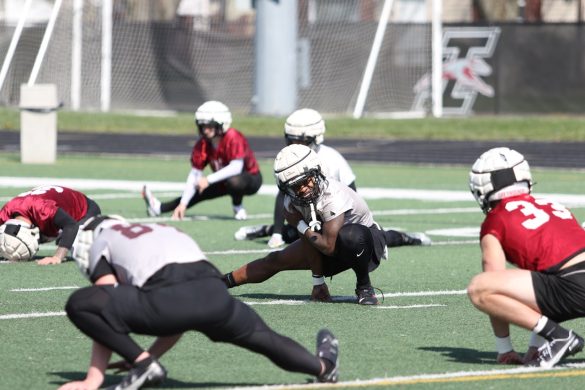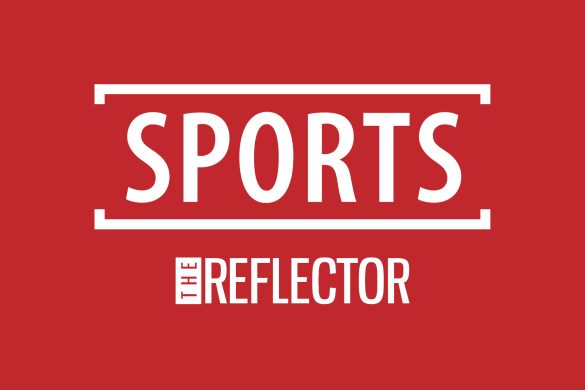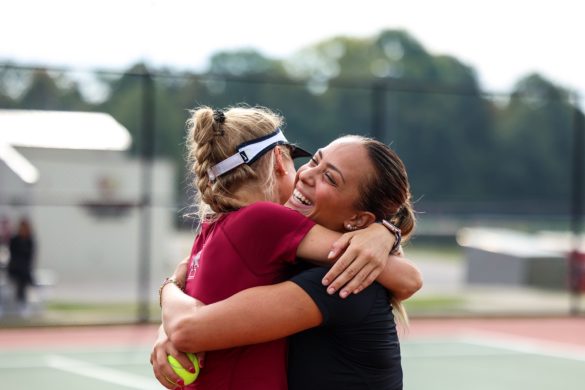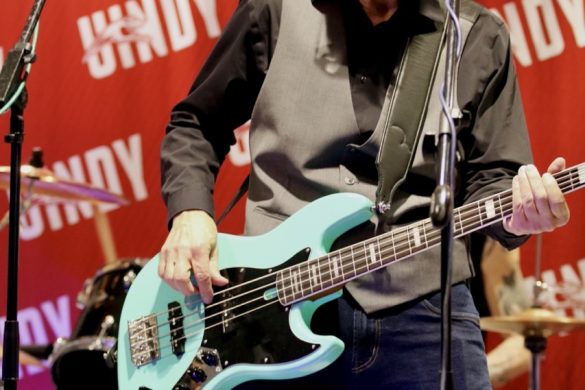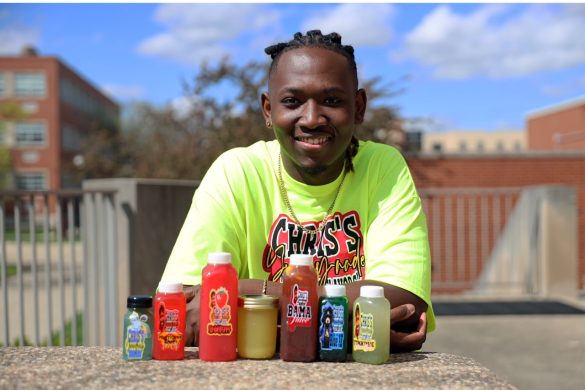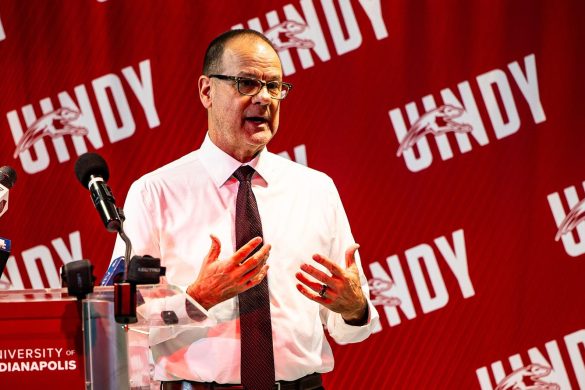“We basically have three priorities,” Vice President for Intercollegiate Athletics Sue Willey said. “Graduate our students on time, make sure that they’re representing [us] in a positive manor and being respectful and things of that nature and then to win. But we’re never going to do number three at the expense of one or two.”
With having winning teams comes a lot of work, according to Willey. Student athletes often spend about 20 hours a week on their sport, whether that be training, competitions or travel, but this does not mean that they can fall short with their grades. Willey said she expects every team to reach an average GPA of 3.0, however, this is the first semester that has happened. For the 2018-2019 fall semester, every team had a GPA over 3.0 and the department average was a 3.3. According to Associate Athletics Director for Communications Ryan Thorpe, this is the highest that number has been in a while.
“It’s just a great indicator of where our student athletes are at academically,” Thorpe said. “You know, as a department, we take a lot of pride in the fact that our student athletes consistently outperform the general student body in total GPA.”
Student athletes are expected to have a GPA of at least 2.0 to be eligible to play Division II sports, according to NCAA rules. Coaches are the front line for making sure student athletes meet the basic GPA requirements, so Willey said they try to recruit coaches that understand the importance of academics. One of these coaches is Head Men’s and Women’s Tennis Coach Malik Tabet, who sets the goal that all of the players on his teams have at least a 3.0 GPA. Tabet cites the standard he holds his athletes to as to why the tennis teams have had the highest GPA three semesters in a row. The men’s tennis team had the highest department GPA of a 3.802 and the women’s team had the second highest of 3.682. Tabet said when they recruit tennis student athletes they look for students who understand the importance of academics and getting an education, not just good athletes.
“Most of the kids that come through us—95 to almost 99 percent—they are not going to play tennis when they graduate. They will look for a career,” Tabet said. “We want to make sure we get kids that understand how to have a good education. We have had players that went and played on the tour. One actually that we had a few years back is doing great, but he still got his education and still was challenged with my education requirements.”
Tabet said when he recruits student athletes he emphasizes the importance of getting an education and that he will hold them to certain standards. If students on the tennis teams do not meet Tabet’s expectations, he has conversations with them and makes suggestions and offers resources to help them improve. He said he feels that they appreciate the time he puts into not only coaching them on the court but coaching them to do better at their school work.
“The culture is there in our team where all the kids meet at the library at the end of the day and they all study together,” Tabet said. “They understand that you’ve got to spend time in the library.”
“…We don’t just train to become a better tennis player, we train to become a better person.”
The athletic department also offers resources for students and encourages them to study, such as study tables. Thorpe explained that these tables provide a quiet place for students to study and work without distractions. For the most part, all freshmen are required to go to study tables, according to Thorpe. This is so they develop good study habits early on.
“A lot of people think ‘how do you do that balance,’” Willey said, “But a lot of the teams, when they are on the road, they have study rooms. They know that academics come first. The balance is between us providing them with a great university to get great academics, supporting them with tutors—if they need tutors,—or supporting them with required study tables for those who need it. And then, on the other hand providing a great experience, but again, not putting so much emphasis on the sport, that they are losing their GPAs…”
Willey, Thorpe and Tabet all said the most important part of the students’ time at UIndy was making sure they gained knowledge and overall a degree. This will prepare them for life after college and athletics and put them on the path to success. Tabet also said many of the skills student athletes develop by balancing athletics and academics will help them after college.
“My philosophy as a coach, we don’t just train to become a better tennis player, we train to become a better person,” Tabet said. “We’re trying to prepare ourselves for the real life. Real life is that you’re going to go to work, you have to have discipline, you have to be focused, you have to know how to handle pressure. This is not about possibly winning trophies, this is about us getting ready for the real life.”


